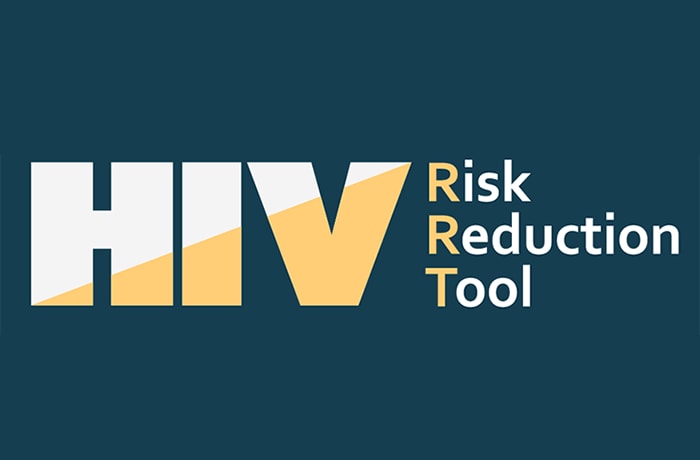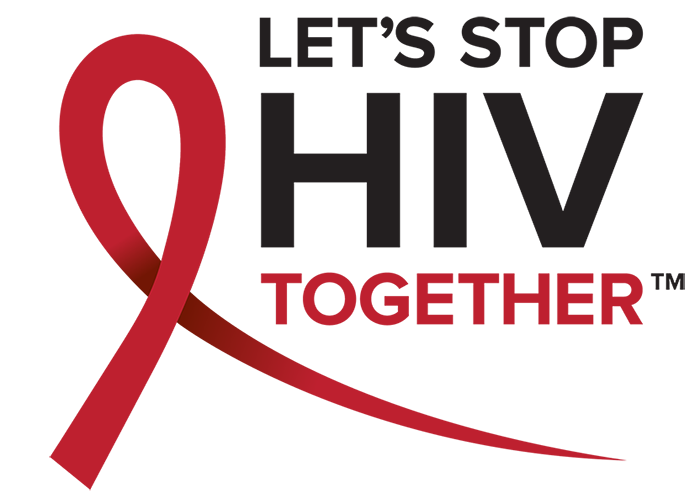Traveling with HIV

Traveling outside the United States can be risky for anyone. However, it may require special precautions for people with HIV. For example, travel to some developing countries can increase the risk of getting an opportunistic infection. For some destinations, you may need certain vaccines. Your health care provider can review your medical record to ensure the vaccines are safe for you.
Before You Travel
Talk to your health care provider at least 4 to 6 weeks before you travel.
- Discuss medicine, such as antibiotics to treat travelers’ diarrhea, and vaccines you may need.
- Learn about the health risks in the places you plan to visit.
- Learn about specific measures you need to take to stay healthy.
- Gather the names of HIV health care providers or clinics in the area you plan to visit.
Learn about your insurance.
- Review your medical insurance to see what travel coverage it provides.
- Take proof of insurance. Copy or scan your policy and send the image to an email address you can access when traveling.
- Leave a copy of your insurance at home and tell your friends or family where you left it.
- Consider purchasing additional travel insurance if your insurance doesn’t cover emergency transportation to a health care facility, or the cost of care received in other countries.
Learn about your destination.
- Find out if the countries you plan to visit have special health rules for visitors, especially visitors with HIV.
During Travel
Stick to safe eating and drinking habits.
- Food and water in some developing countries may contain germs that could make you sick.
- Eat only hot foods.
- Drink bottled water or drinks, hot coffee or tea, wine, beer, or other alcoholic beverages.
- Avoid raw fruit or vegetables that you do not peel yourself.
- Avoid eating raw or undercooked seafood or meat or unpasteurized dairy products.
- Tap water and drinks or ice made with tap water could make you sick.
Take care of yourself and protect others.
- Take all your medications on schedule.
- Stick to your special diet if you are on one.
- Take the same precautions you take at home to prevent transmitting HIV to others.
Avoid direct contact with animal waste.
- Animal waste (stool) in soil or on sidewalks can be harmful to people with HIV.
- Wear shoes to protect yourself from direct contact with animal waste.
- Use towels to protect yourself from animal waste when lying on a beach or in parks.
- Wash your hands with soap and water after physical contact with animals.
Avoid hospitals and clinics where coughing tuberculosis (TB) patients are treated.
- TB is very common worldwide and can be severe in people with HIV.
- See your health care provider when you return to discuss whether you should be tested for TB.
Page last reviewed: May 20, 2021

